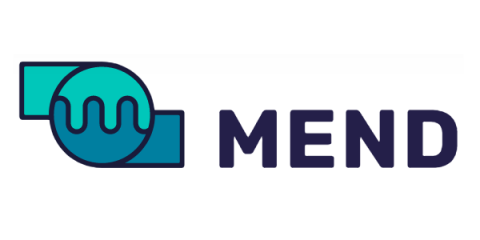Malicious Packages Special Report Reveals 315% Spike in Attacks
Today’s attackers aren’t just exploiting vulnerabilities — research from Malicious Packages Special Report: Attacks Move Beyond Vulnerabilities illustrates the growing threat of malicious packages. According to the report, the number of malicious packages published to npm and rubygems alone grew 315 percent from 2021 to 2022.











